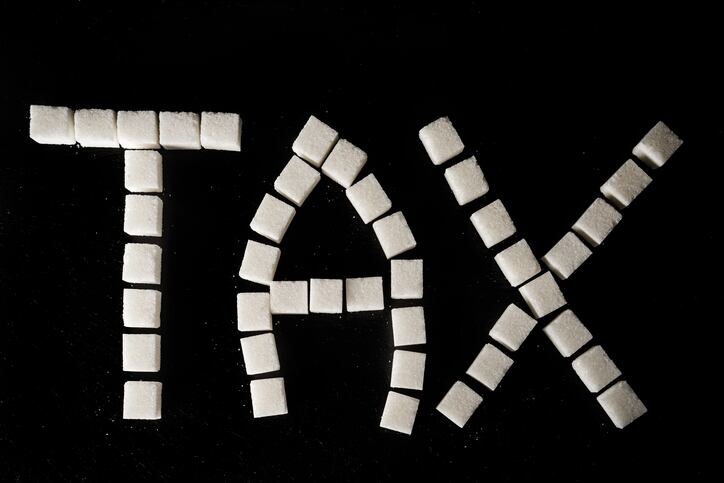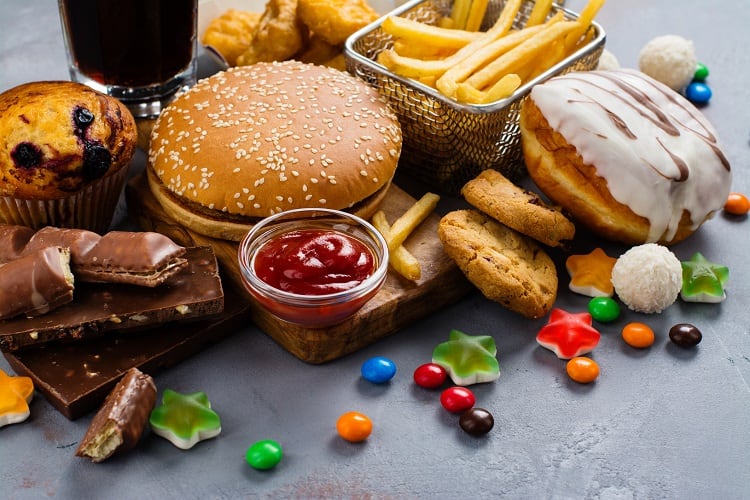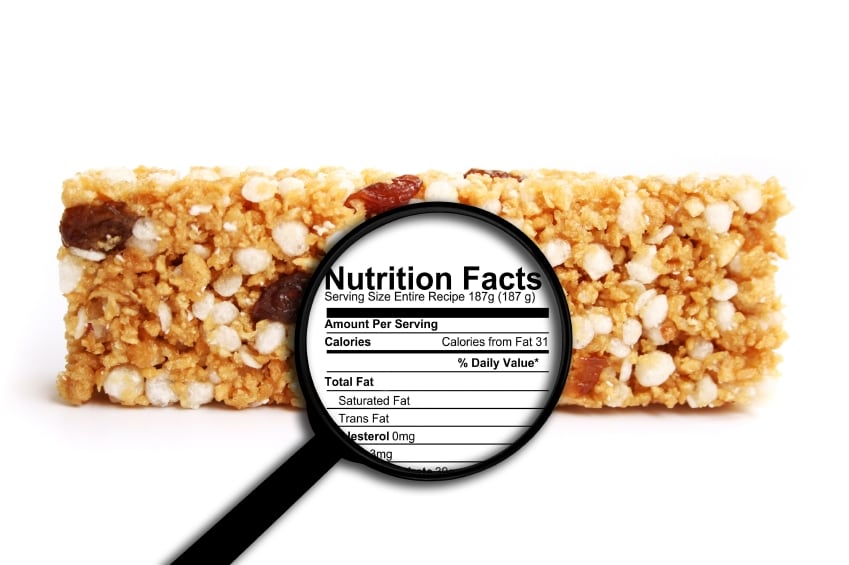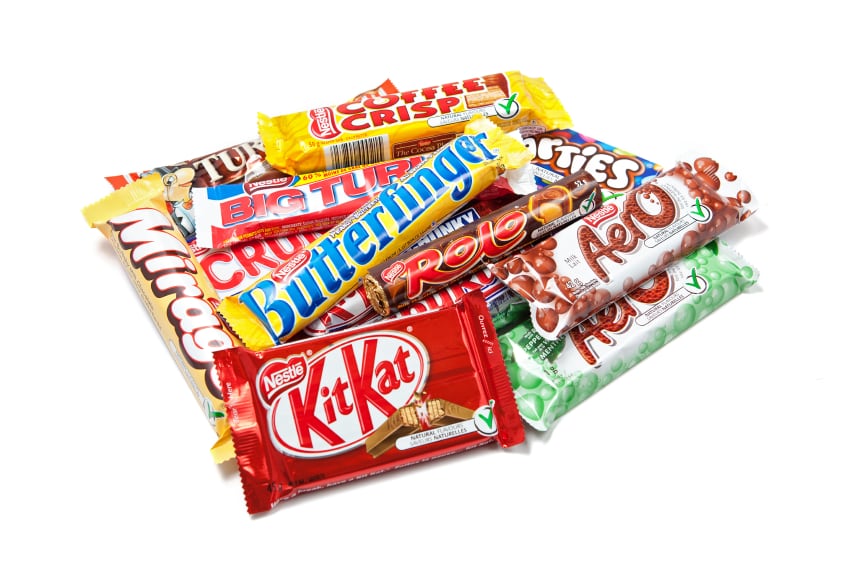Chile’s landmark ruling requiring warning labels on foods high in sugar, fat and calorie content swiftly impacted sales of sugary drinks in the South American country according to a study which may hold salutary lessons for Europe as it grapples with its growing obesity epidemic.
An international research team, led by academics from the University of York in the UK, discovered, in a study published in the journal PLOS Medicine, that consumption of sugar-sweetened drinks fell by nearly a quarter (23.7%) in the 18 months after Chile (home to one of the world’s highest obesity rates) adopted a raft of regulations that included advertising restrictions on unhealthy foods, bold front-of-package warning labels and a ban on junk food in schools.
During the same period, researchers recorded a 5% rise in purchases of bottled water, diet soft drinks and fruit juices without added sugar.
The policy targeted any non-alcoholic beverages to which colourants, flavourings or sweeteners have been added. For beverages with an added sugar concentration of 6.25g per 100ml or more, the existing tax was increased from 13% to 18%; while for those below this threshold, the tax was decreased from 13% to 10%, producing an 8% tax difference.
Can sugar taxes improve health among poorer people?
The researchers suggested the measures failed to reduce socioeconomic inequalities in diet-related health. Anti-sugar tax campaigners claim such actions hit the poor hardest because levies on everyday products almost always take a greater share of income from poorer households than better off ones. Meanwhile, low-income households also tend to drink more sugary drinks than richer households, making a sugar tax doubly regressive.
The authors of the report into Chile’s ruling concluded that despite the tax incentive being comparatively small, there were signs that purchasing of beverages with higher sugar content declined, particularly among high socioeconomic groups.
The study revealed an overall 21.6% decrease in the monthly purchased volume of the higher taxed, sugary soft drinks. Among middle and high socioeconomic groups, the monthly purchased volume fell by 16% and 31%, respectively. There was a 12% reduction in purchase volume for the low socioeconomic group.
Marc Suhrcke, Professor of Global Health Economics at the University of York said: "The results suggest that the Chilean tax policy may have been effective in reducing consumption of sugary drinks, though not necessarily to reduce socioeconomic inequalities in diet-related health. Further evaluations are needed to analyse the policy effect on purchasing of soft drinks in the long run as well as to evaluate the impact on health outcomes."
Professor Cuadrado from the University of Chile said: "Our results suggest an overall reduction of sugar consumption after the implementation of the tax in Chile. From a public health perspective, even a small reduction in sugar intake at the population level could lead to significant health gains."
The authors of the report said the latest findings from Chile could have implications for the UK, which introduced a sugar tax on soft drinks in April 2018.
Cuadrado added: "Other countries may take heart from our findings, in that it indicates that the tax incentive may not need to be huge to have impact. It also shows that there may be more than one way in which an SSB [sugar-sweetened beverages] tax can be implemented with some success."
Source
‘An evaluation of Chile’s Law of Food Labeling and Advertising on sugar-sweetened beverage purchases from 2015 to 2017: A before-and-after study’
PLOS Medicine
Authors: Lindsey Smith Taillie, Marcela Reyes, M. Arantxa Colchero, Barry Popkin, Camila Corvalán
Published: February 11, 2020
https://doi.org/10.1371/journal.pmed.1003015





